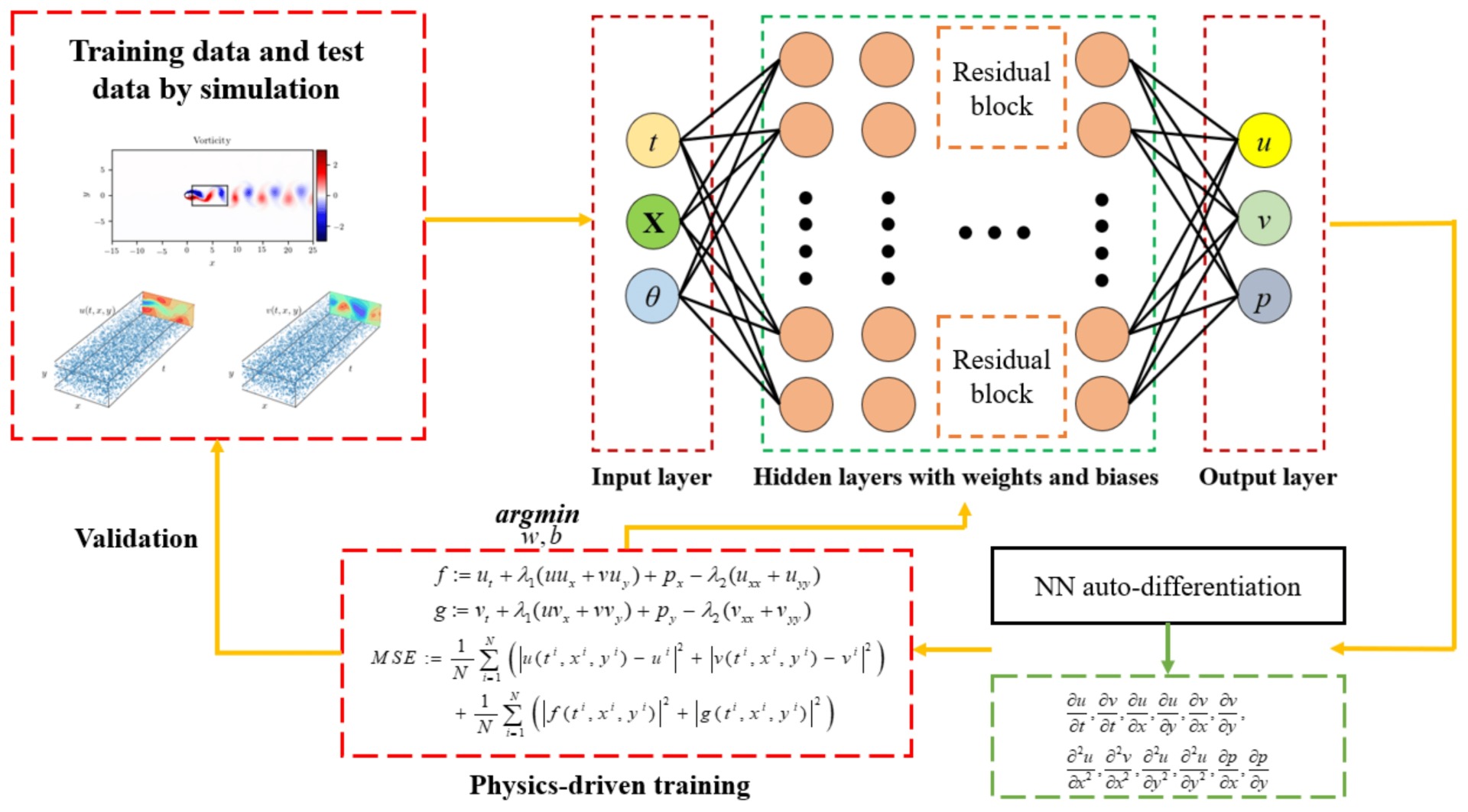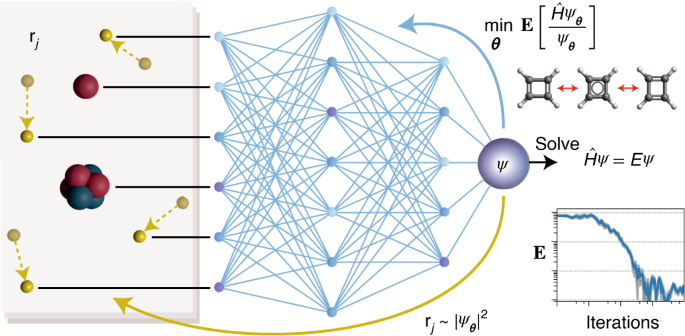Comments
- No comments found

Deep learning, a subset of machine learning (ml), has emerged as a powerful tool in various fields, including physics.
Its ability to analyze vast amounts of data, recognize patterns, and make accurate predictions has revolutionized scientific research. In the realm of physics, deep learning has opened up new avenues for understanding complex phenomena, analyzing experimental data, and developing novel theoretical models.
Deep learning in physics has emerged as a transformative force, revolutionizing how researchers analyze complex data sets and gain insights into the fundamental principles of the physical world. Delving into the depths of quantum mechanics and astrophysics, deep learning in physics has become an indispensable tool for researchers seeking new insights and pushing the boundaries of our understanding. From predicting quantum behaviors to optimizing simulations, deep learning in physics facilitates quantum leaps in our ability to model and comprehend the intricacies of the physical world.

Particle physics is a field that deals with understanding the fundamental particles and forces that govern the universe. Deep learning algorithms have been instrumental in analyzing large-scale particle physics data, such as those generated by particle accelerators like the Large Hadron Collider (LHC). These algorithms can identify particle collisions, detect rare events, and improve the accuracy of particle identification. Deep learning techniques have also facilitated the discovery of new particles and the validation of theoretical predictions. In laboratories worldwide, deep learning in physics experiments is unraveling mysteries, offering a data-driven lens to interpret experimental results with unprecedented accuracy.
Astrophysics involves the study of celestial objects, their properties, and the underlying physical processes. Deep learning has proven valuable in analyzing astronomical data, such as images from telescopes and satellite observations. Deep neural networks can automatically classify galaxies, identify exoplanets, and analyze the cosmic microwave background radiation. By training models on vast amounts of astronomical data, researchers can extract valuable insights and uncover hidden patterns that contribute to our understanding of the universe.
Condensed matter physics explores the behavior of materials and their properties at the atomic and subatomic levels. Deep learning techniques have been applied to analyze complex systems and predict material properties. For example, deep neural networks can model the electronic structure of materials, predict their optical and thermal properties, and accelerate the discovery of new materials with desired characteristics. This has significant implications for areas such as energy storage, semiconductor technology, and quantum computing.

Quantum physics deals with phenomena at the smallest scales, where classical physics principles break down. Deep learning has found applications in quantum physics, ranging from quantum state characterization and error correction to quantum simulation and optimization. Deep neural networks can efficiently represent quantum states, simulate quantum systems, and solve complex quantum optimization problems. These advancements are paving the way for practical quantum technologies and quantum machine learning.
Cosmology explores the origin, evolution, and large-scale structure of the universe. Deep learning techniques have contributed to cosmological research by analyzing astronomical surveys and cosmological simulations. Neural networks can classify galaxies, estimate cosmological parameters, and model the formation of structures in the universe. Deep learning also plays a role in gravitational wave astronomy, where it helps identify gravitational wave signals and extract valuable information about their sources.
The future of scientific discovery lies at the intersection of technology and theory, where navigating the landscape of deep learning in physics opens up new frontiers and possibilities. Deep learning has become a game-changer in physics research, empowering scientists to tackle complex problems and gain new insights into the fundamental laws of nature. By leveraging the power of deep neural networks, researchers in various physics subfields can extract knowledge from vast datasets, make accurate predictions, and accelerate scientific discovery. As deep learning continues to evolve, it holds tremendous potential for revolutionizing our understanding of the universe and advancing the frontiers of physics research. Deep learning in physics is not without challenges, but researchers are actively addressing them to push the boundaries of what is possible. The synergy between deep learning and physics holds immense promise for advancing our understanding of the universe.
Leave your comments
Post comment as a guest